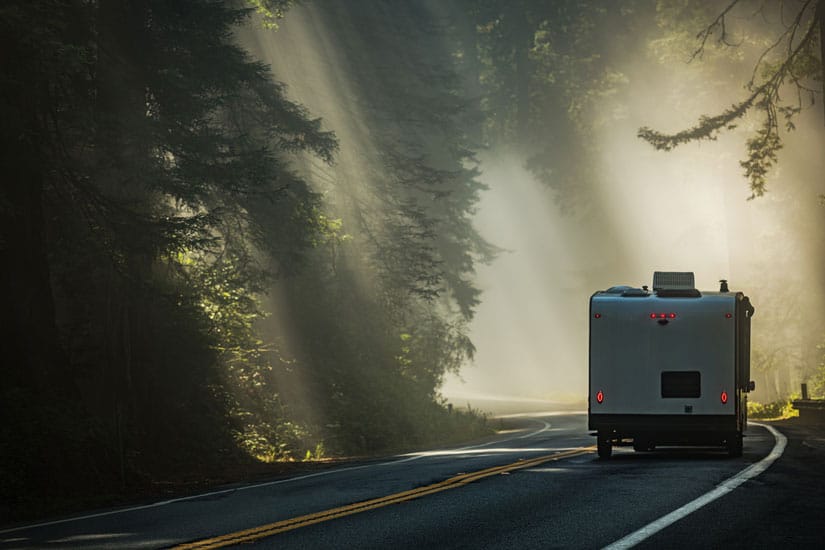[ad_1]
Insurance for towable RVs is almost never mandated, but you’ll need at least the minimum auto insurance coverage required in your state if you have a self-propelled motorhome. However, there are more than enough reasons to purchase coverage for your well-used camper or a brand-new RV, even if it isn’t required.
Crash Statistics
Campers are intended for the road, meaning you’ll have to share the road with people driving cars, trucks and other vehicles. This puts you and your RV at risk of a traffic accident.
Data from the National Highway Traffic Safety Administration (NHTSA) shows that the number of crashes has been on the rise over the past several years.

The data shows that the U.S. saw 6.76 million traffic accidents in 2019. This is a nearly 25% increase compared to 2010, less than a decade earlier. As the number of collisions on the road increases, your risk of getting into an accident goes up as well.
Although the most recent NHTSA data from 2020 indicates that accidents were down overall, these numbers coincide with a dramatic drop in vehicular traffic during that year. As a statistical outlier, we removed it from our analysis.
Sources of RV Damage
Traffic accidents are a real risk to your camper, but they’re not the only way they get damaged. These are some of the most common sources of RV damage:
- Leaky roof or windows: When you put a lot of miles on your RV, all that vibration from the road tends to shake some of the seals around your roof and windows loose. This can create gaps where moisture can get in, eventually leading to water damage.
- Theft: While it isn’t common for RVs to be stolen, it does happen.
- Weather: Tornadoes, floods, ice storms and other severe weather events can cause significant damage to a camper.
- Trees: Falling trees and branches pose a threat to RVs, especially when camping in heavily forested areas.
- Fire: RV fires are one of the most common sources of damage to campers.
Note that, for the most part, a comprehensive RV insurance policy will cover these damages. They won’t be covered by collision insurance.
Recreational Vehicle Fires

Fire is one of the biggest risks for RV owners. From 2018 to 2020, an average of 4,200 RV fires were reported to fire departments each year in the U.S., according to data from the Federal Emergency Management Agency (FEMA). During that time, these fires resulted in an annual average of 125 injuries and 15 deaths.
Those fires were also expensive. Recreational vehicle fires accounted for an annual average of $60.3 million in property damage, or an average of $15,350 per fire.
Unintentional fire damage to your camper will be covered under a typical comprehensive policy. However, if your RV catches fire and damages other property around it, you may need additional coverage such as vacation liability to cover those damages.
[ad_2]
Source link
